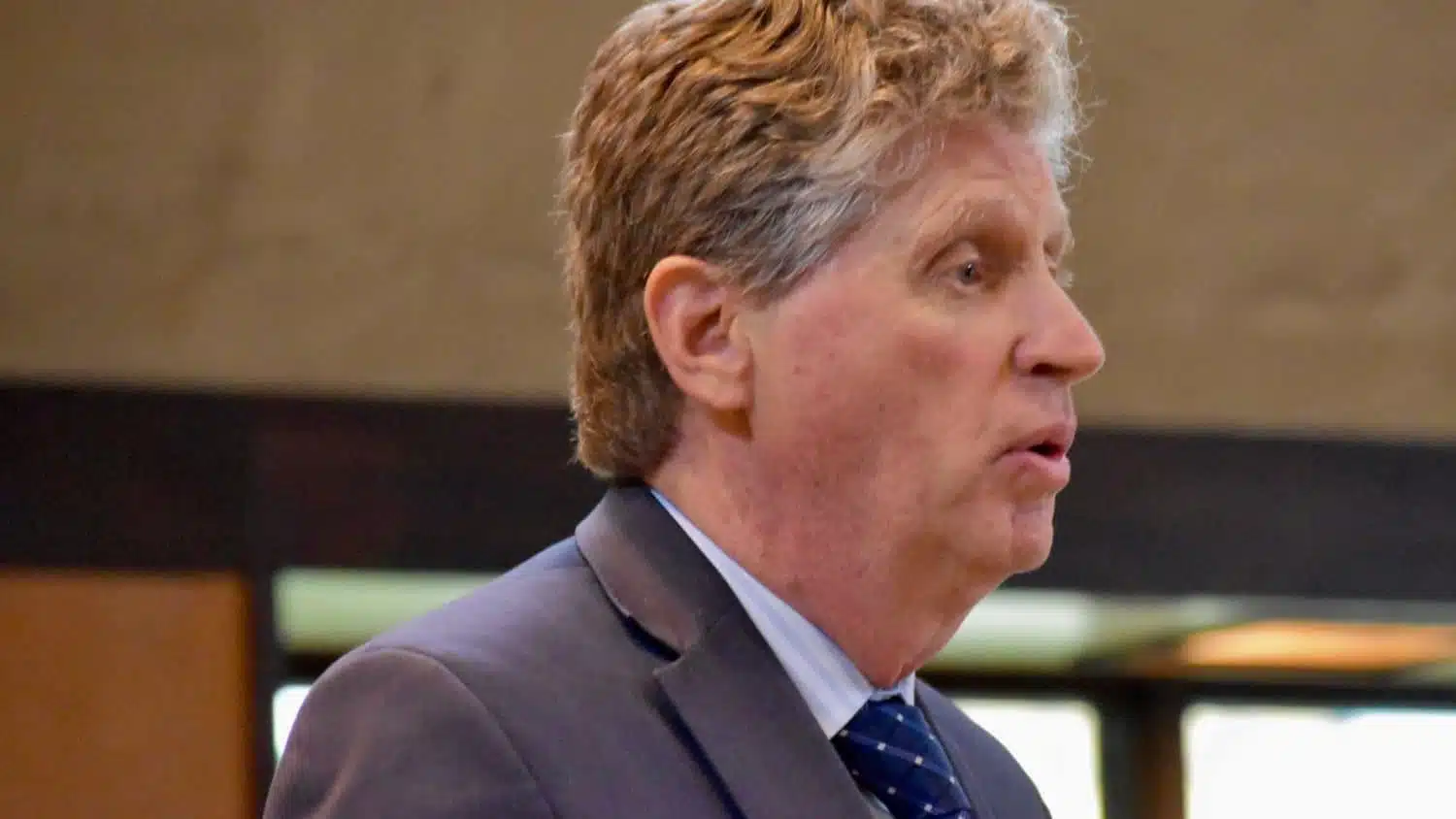Being “not as bad” isn’t good enough
By Sam Bell in
UpRiseRI
One of the most important progressive wins of last year’s budget fight was defeating former Governor Gina Raimondo‘s proposal for $58.7 million of brutal Medicaid cuts.
It wasn’t any easy fight, but we won. And it’s a fight we have to win
again. Because Dan McKee has proposed $7.1
million of Medicaid cuts.
Let
me be clear. I appreciate McKee dialing down the severity of the Medicaid
cuts that formed the centerpiece of Raimondo’s budgets. I deeply
appreciate that McKee found many areas to make real savings, as well as
important investments in Medicaid. McKee’s Medicaid agenda isn’t all
cuts, and that is such a welcome change.
But
we can’t let comparisons with the past distract us from the fundamental
principle that Democrats should never cut Medicaid. A key component of
Lyndon Johnson’s War on Poverty, Medicaid provides healthcare coverage to
Americans suffering from low income. It is one of the most important
achievements of the Democratic Party.
We must fight to protect it at all cost. Behind every Medicaid cut is human pain and suffering. That is why the principle of no Medicaid cuts is so important. That is why we must defeat Dan McKee’s Medicaid cuts.
It’s
also crucial to understand that Medicaid is mostly funded through federal
funds. When states cut Medicaid, we’re mostly giving up federal funding,
not saving money for the state. For instance, Dan McKee’s $7.1 million of
Medicaid cuts will only reduce state funds by $3.2 million. The other
$3.9 million will be lost federal funds.
The
first of McKee’s two big Medicaid cuts is to entirely eliminate what is left of
the Upper Payment Limit (UPL) payment. Here
are some details from the Senate Fiscal
Office’s First Look budget analysis:
The
UPL payment makes up the difference between low Medicaid rates and the rates
offered by Medicaid, but it only applies in very
narrow circumstances in our state. In order to receive federal
funds, the UPL payment cannot apply to the privatized portion of the Medicaid
program. Because Rhode Island privatized most of Medicaid, that leaves out
most of the program.
Then,
in Rhode Island, we limited the UPL payment to just hospitals. And then,
in the 2019 budget, the General Assembly approved Raimondo’s plan to eliminate
the UPL payment for all inpatient care. I voted against that cruel budget
for many reasons, and this painful Medicaid cut was one of them.
Because
it’s been hacked to pieces, what’s left of the UPL payment in our state only
applies to outpatient hospital care, and it only involves $4.9 million per year
($2.2 million in state funds). However, it is still very important.
Our hospital system is still reeling from this pandemic. When Medicaid
rates are too low, patient care gets compromised. And when low-income
people get worse care, there is very real human suffering on the other end of
this cold budget language.
So
we must stop the total elimination of what’s left of the UPL payment. In
fact, what we really should be doing is repealing the 2019 Medicaid cuts,
restoring the inpatient UPL payment. And we should ideally apply the UPL
payment to other providers beyond hospitals, especially nursing homes.
The
second Medicaid cut in the McKee budget proposal is to abolish Medicaid’s Graduate Medical Education (GME) program. Here
are the details from the Senate Fiscal Office First Look analysis:
The
GME program helps pay the cost of medical education in the care of
low-income people. Medicaid education isn’t free for hospitals.
Without GME, med students would likely not get sufficient exposure to caring
for low-income people, which would reduce the overall quality of
healthcare that low-income people receive in the long run. Although
indirect, the effects of GME matter. Because the funding for medical
education in America comes heavily from student debt, eliminating GME would
likely mean even higher med student debt.
Fortunately,
there are encouraging signs of broad legislative resistance to abolishing
GME. There is legislation from Senate Finance Chairman Ryan
Pearson and House Majority Whip Katie
Kazarian to expand GME to more hospitals across the
state. Like saving the UPL payment, this is a winnable fight.
With
a surge of federal funds from the national Democrats’ stimulus plan, Rhode
Island’s budget has a massive surplus like it hasn’t had in years. Now is
a time to be making strategic investments, not devastating cuts. At a
bare minimum, we must defeat McKee’s Medicaid cuts.
Sam
Bell is a Democratic
member of the Rhode Island Senate. His district contains the Providence
neighborhoods of Mt. Pleasant, Federal Hill, Olneyville, Cathedral Square,
Regency Plaza, and Manton Heights, along with most of Hartford Park, a small
portion of Elmhurst, and the northern portion of the West End around Dexter
Park.
Can you help Uprise RI?
Funding
for UpRiseRI reporting relies on the generosity of readers like you. Our
independence allows us to write stories that hold RI state and local government
officials accountable. All of our stories are free and available to everyone.
But your support is essential to keeping Steve and Will on the beat, covering
the costs of reporting many stories in a single day. If you are able to, please support Uprise RI. Every contribution, big or
small is so valuable to us. You provide the motivation and financial support to
keep doing what we do. Thank you.
